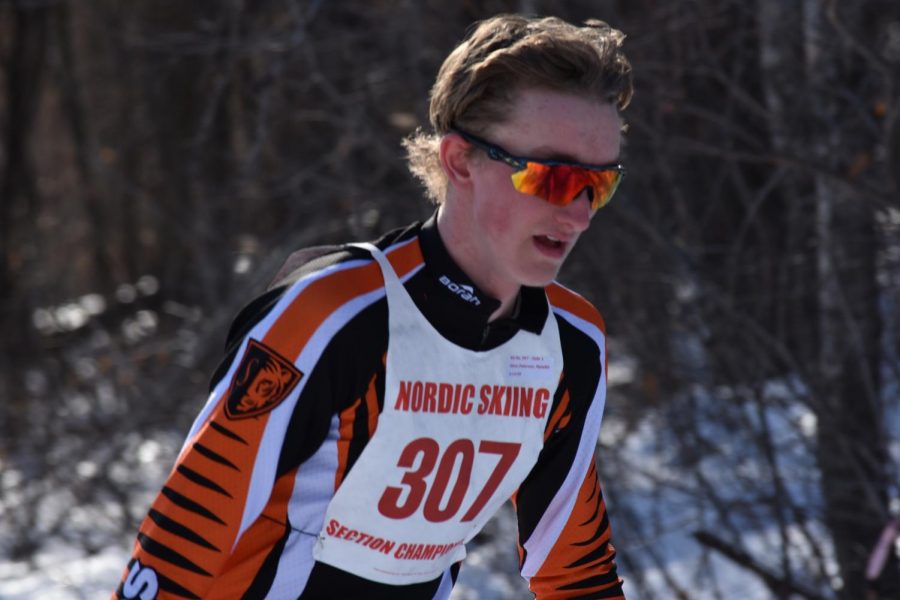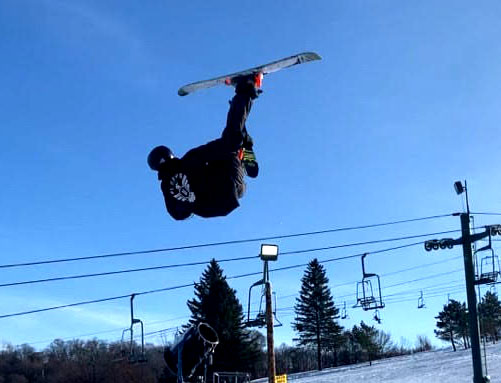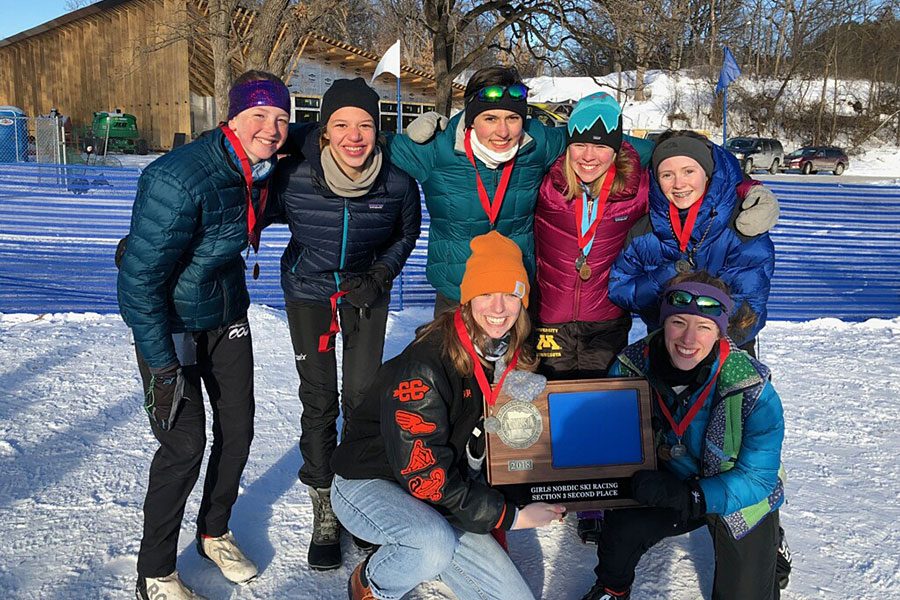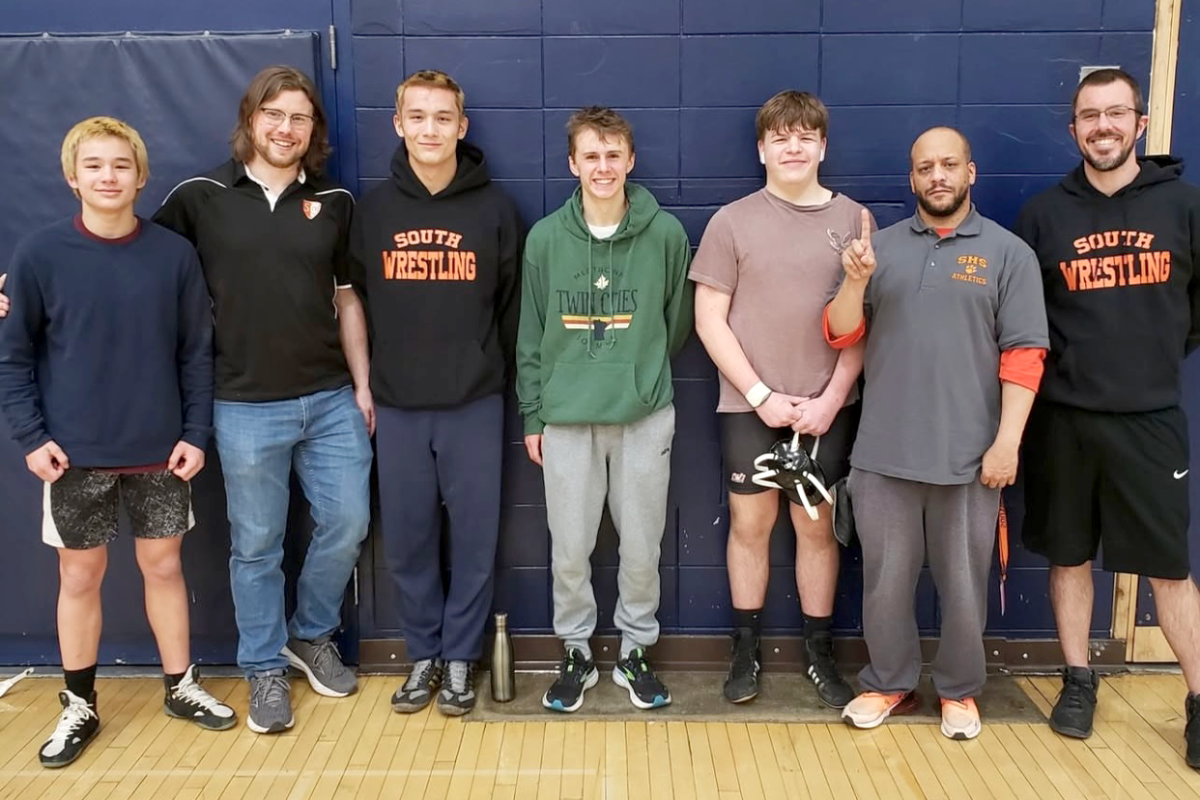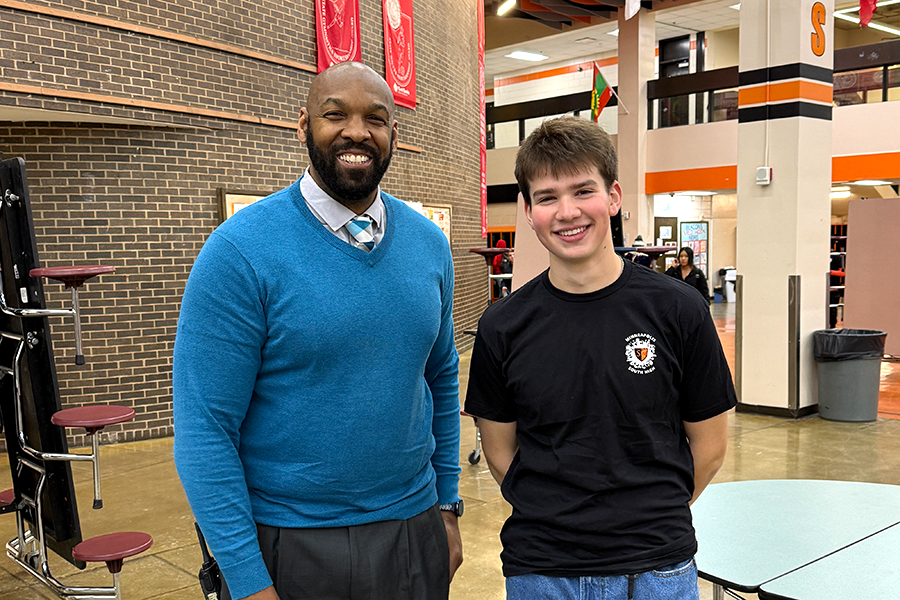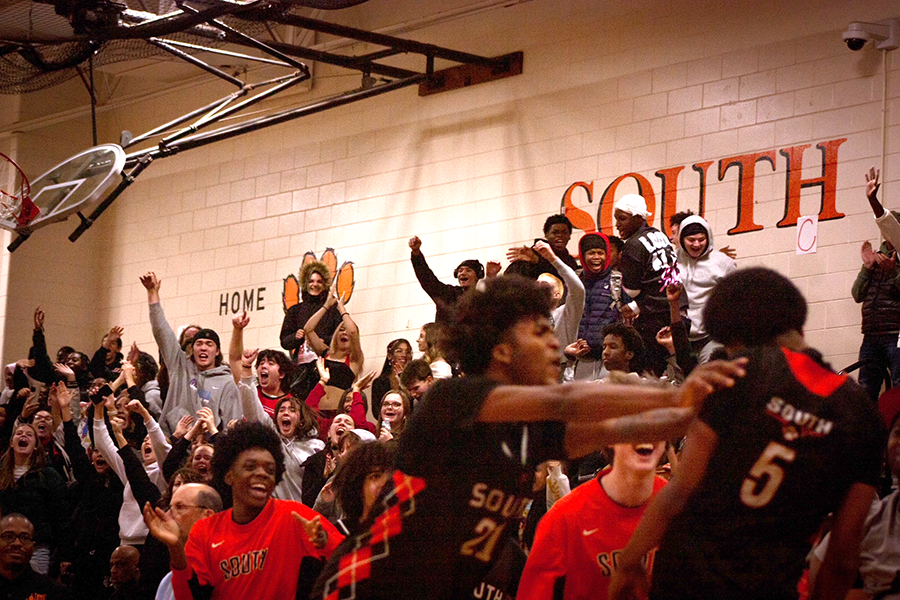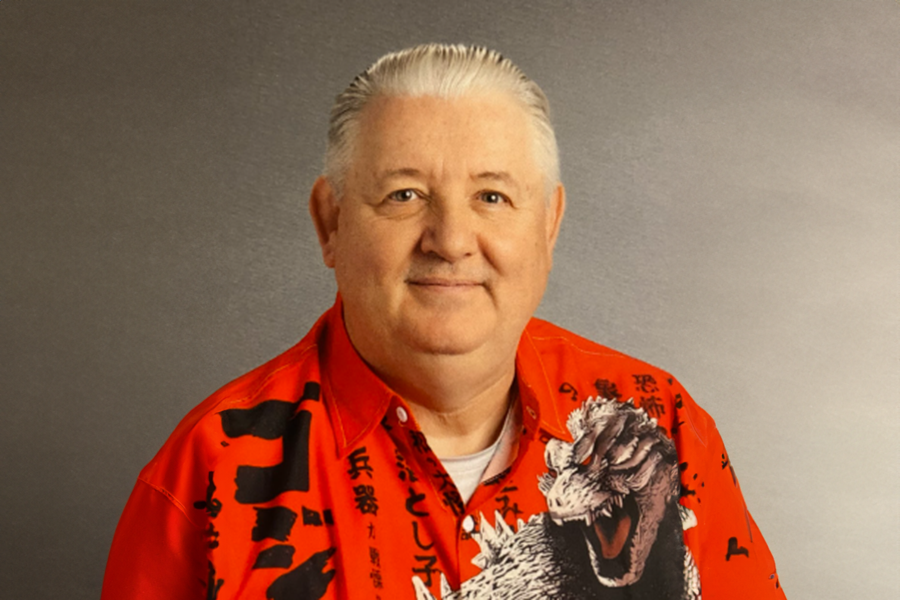Cross country skiing is considered a sport of the highest intensity by the Minnesota State High School League (MSHSL), which regulates all high school athletics. Nordic skiing requires full body strength as well as aerobic endurance. It takes constant commitment and several months of off-season training to be a competitive nordic skier.
Yet many South Nordic skiers are familiar with the popular use of alcohol and marijuana.
Within the South High Nordic team, many team members engage in recreational drug and alcohol use. According to team leaders, a majority of upperclassman use illegal substances outside of the season, with as many as half continuing during the season.
“It’s kind of disappointing. A lot of people have great potential and they kind of squander it by using drugs and stuff,” said team captain and junior Sam Coady.
In addition to staying away from substance use, Coady earned his place as a captain and top skier on the team through hard work and off-season training.
Coady and sophomore JoJo Baldus chose to abstain from substance use as Nordic skiers. Coady and Baldus, both strong varsity team members, focused on their performance instead of recreational drug and alcohol use.
Baldus feels the same way as Coady about the use of alcohol and drugs during the season. “I think it does [affect the team] and I think it splits the people who do [participate in substance use and those who don’t] depending on said people’s respect for the others. It can be bad, but it’s very commonly seen so it’s also not always a huge deal,” he said.
Eric, a substance user and team member who wishes to remain anonymous, sees the use of illegal substances differently. “I’d say [it affects the team.] But I mean, if it’s only a couple people [using], [others] can pick up the slack”.
Max, another anonymous team member, also doesn’t view his substance use as a problem. However, he does receive negative comments from team members, especially from those who are not drug users.
According to South High athletic director Mark Sanders, “More upperclassman [get caught using].” Coady noticed the same trend. “Younger kids see that [people participate in substance use] and they think it’s okay and that they can still do well by doing that. It kind of brings everybody down, which lessens expectations,” he said.
Eric feels his performance isn’t affected because he works out daily to balance out his smoking.
Sanders said otherwise. “I think you can tell if a student is using or abusing alcohol or marijuana. You see a fall off in their performance. That’s a telltale sign.”
In addition to affecting performance, recreational drug and alcohol use can take a toll on leadership. “I think it definitely affects their leadership,” commented Cody
The MSHSL imposes strict rules when it comes to substance use. Students are not allowed, at any time, to be in possession or using alcohol, illegal drugs or tobacco. Getting caught even once means sitting out of two races and up to 14 days of practice, yet few students were concerned about getting caught by their coaches. Neither Eric nor Max felt concerned and hadn’t even given it much thought.
For Eric, the true fear came from getting caught by the police. “I’d be scared about that for sure,” he stated.
Though Coady is aware of teammates using, he has never chosen to report it. “I guess I let it slide because skiing is more of an individual sport. If they screw up, it’s their own fault and ultimately they’re hurting themselves the most.”
As a rising junior and formidable force on the Nordic team, Baldus has no plans to partake in substance use. Instead, he plans to focus on his performance and being a leader on the team. “I’m not going to. I see other people doing it and I don’t dislike them, but I just don’t [use].”

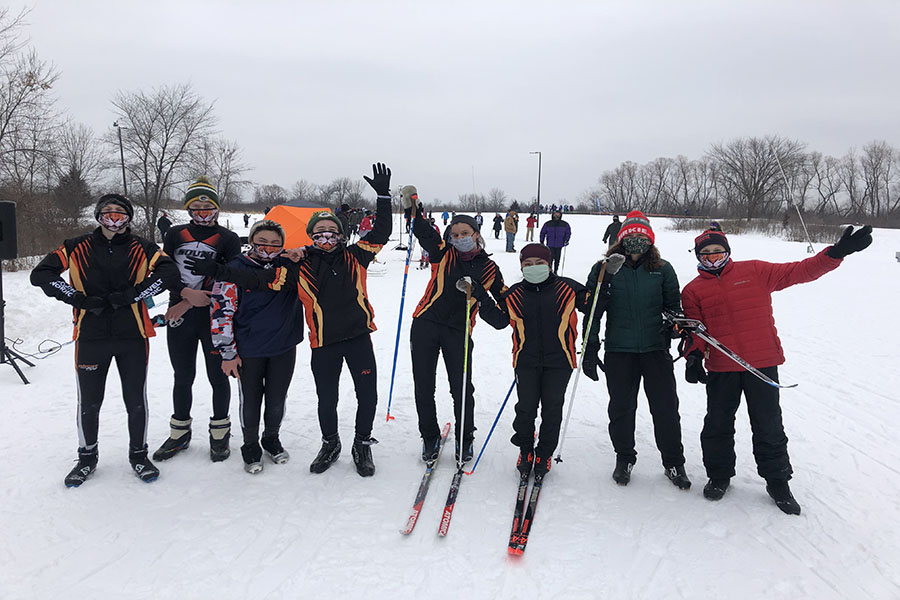
![Senior Eliana Storkamp, one of the captains of South’s nordic skiing team, during a race this season. “For practice we are required to wear a mask the entire time, but for races it’s different. When you first are at the start of the race they want you to be wearing a [face covering]... and once you start racing you can put it down and put it back up when you finish.” Photo credit: Kate Anderson](https://www.shsoutherner.net/wp-content/uploads/2021/02/ski-edited.jpg)
